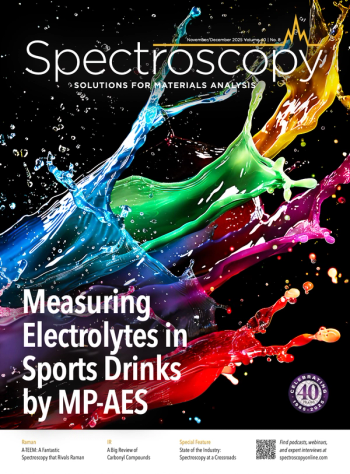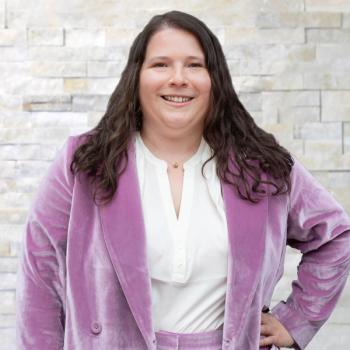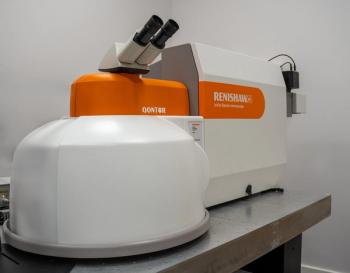
Spectroscopy Sponsors SciX 2015 Special Session, Analytical Chemists Easing World Poverty, Tuesday, September 29
The 2015 SciX Conference, presented by FACSS, is bringing together top scientists to address the complex issues of analytical chemistry in the developing world.
The 2015 SciX Conference, presented by FACSS, is bringing together top scientists to address the complex issues of analytical chemistry in the developing world. Analytical chemists are bringing attention to and solving the unmet measurements needs of resource-poor nations, from a lack of instrumentation to a lack of education.
Among the participants is Alex Nemiroski from George Whitesides’ Harvard laboratory. Nemiroski will discuss affordable, portable electrochemical and photometric instrumentation and its application to healthcare in limited-resource settings. Nemiroski and Whitesides’ laboratory has field-validated equipment for the detection of a broad range of important biochemical, environmental toxins, and disease biomarkers and developed methods of transmitting the results of testing to the cloud from any phone, over any network, anywhere in the world.
Also participating is Julian Tyson of the University of Massachusetts at Amherst. Tyson is a member of Chemists Without Borders and has been instrumental in a program introducing high school and college students to simple, low-cost arsenic detection in water in Bangladesh. Their work has the potential to improve the health of countless people, as students are empowered to detect and mitigate arsenic contamination in water and rice within their home communities.
Alex Scheeline, a FACSS Distinguished Service Awardee and founder of Spectroclick, will discuss the intersection of analytical chemistry and Vietnam through the lens of wastewater treatment in Hanoi.
The founder and CEO of Seeding Labs, Nina Dudnick, will discuss their flagship program, Instrumental Access, and its impact on research in low- and middle-income countries. By providing scientists with laboratory instruments, training, and support, Seeding Labs is able to support drug discovery research focused on native medicinal plants to address a range of health issues, from malaria to wound healing.
The “Analytical Chemists Easing World Poverty” session was founded in 2011 by Dianne Perry, of Proctor & Gamble. This year’s organizer is Rebecca Airmet, of Airmet Consulting. This year’s session is sponsored by SpectroscopyMagazine, ChromAfrica, and ACCTA, Inc.
Newsletter
Get essential updates on the latest spectroscopy technologies, regulatory standards, and best practices—subscribe today to Spectroscopy.



